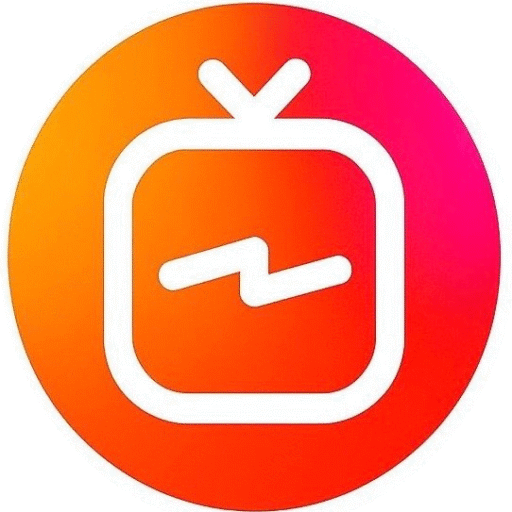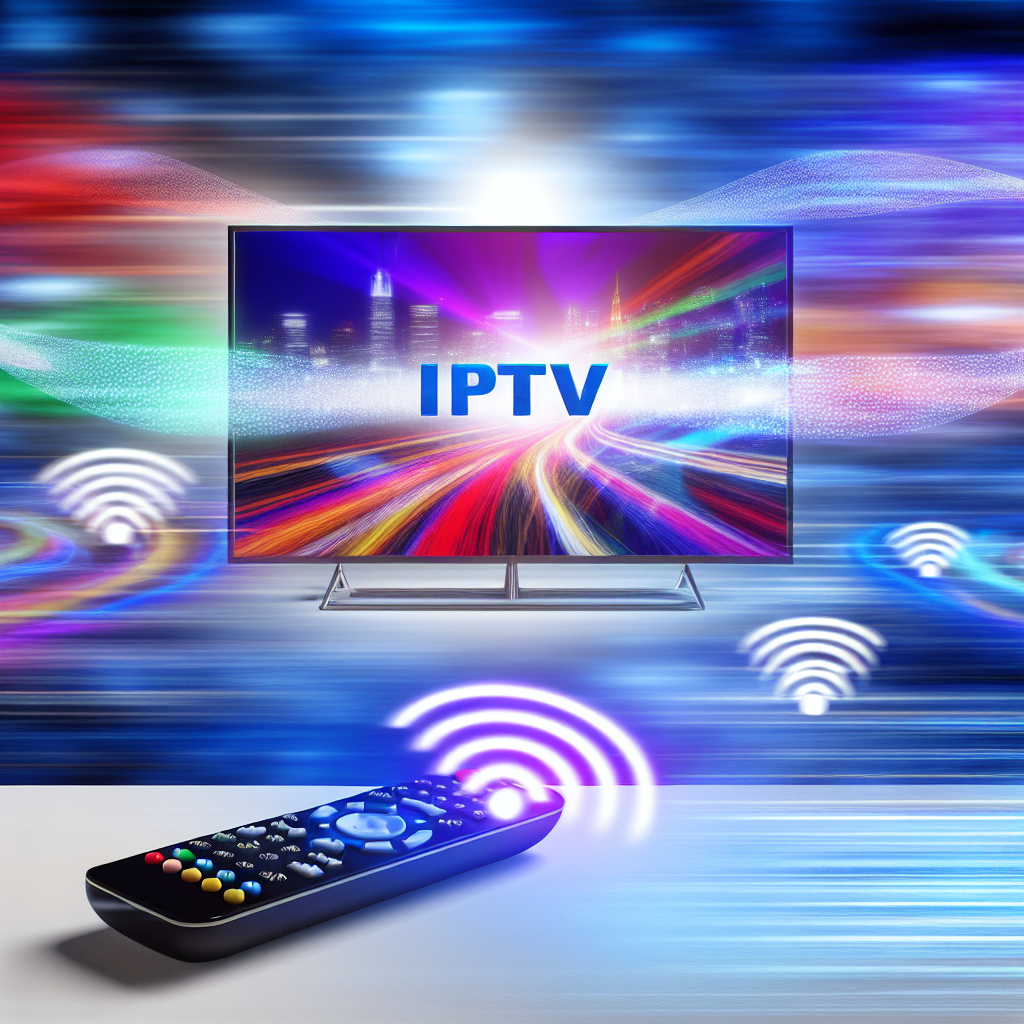Get Free Trial
When exploring the world of streaming, one question often arises: “Is iptv legal in your country or region”? Let’s unravel this complex topic.
Table of Contents
- Understanding IPTV
- IPTV in Different Countries
- Legal Considerations
- How to Identify Legal IPTV Services
- FAQ
- Conclusion
Understanding IPTV
IPTV, or Internet Protocol Television, delivers television content over the internet rather than traditional methods, such as cable or satellite. Users can watch live TV, on-demand shows, and other multimedia content via their internet connection.
The system operates through a network of servers and data centers that distribute content to subscribers. This differs significantly from traditional broadcasting methods since IPTV relies heavily on the consumer’s internet connection and bandwidth.
Before getting into the specifics of legality, it’s essential to understand how IPTV works. Most IPTV services offer a subscription model, with channels being delivered in various packages tailored to user preferences.
The growth of IPTV has opened a floodgate of options for viewers, where many choose to cut the cable cord in favor of more flexible viewing solutions. However, users should remain vigilant about the legality of the services they choose.
IPTV in Different Countries
When discussing the legality of IPTV, one must consider that laws vary significantly by country. Here’s a closer look at how different regions approach the matter:
North America
In the United States, the legality of IPTV is a hot topic. While many legitimate services like Hulu and YouTube TV operate legally, others that provide pirated content can face severe penalties. The Federal Communications Commission (FCC) has cracked down on illegal streaming services, making it crucial for consumers to do their research.
In Canada, IPTV operates under similar regulations. Providers must have the necessary licenses to broadcast copyrighted material. The Canadian Radio-television and Telecommunications Commission (CRTC) oversees these regulations.
Europe
European countries have diverse laws regarding IPTV. In the UK, for example, legitimate services like Sky and BT are permitted, whereas unlicensed IPTV services may run into trouble with the law. The UK’s regulator, Ofcom, closely monitors copyright infringement, particularly concerning IPTV.
Germany has stringent copyright laws as well, with unauthorized streaming being illegal. Providers must adhere to broadcasting regulations to operate legally within Europe.
Asia
Asia presents a mixed bag of regulations. In countries like India, the Information Technology Act governs how online content is regulated. While legitimate IPTV services thrive, pirated services are also widespread in many regions, causing confusion among users.
China has strict regulations on online content due to censorship laws, and unauthorized streaming services may be swiftly shut down.
Australia
Australia’s Streaming Code of Practice states that IPTV services must comply with copyright laws. Piracy is taken seriously, and unauthorized services can face significant legal repercussions.
Understanding how IPTV is viewed in your specific country is vital for avoiding legal troubles down the line.
Legal Considerations
Navigating the legal landscape of IPTV can be tricky. Here are some crucial aspects to consider:
Copyright Issues
One of the primary legal concerns surrounding IPTV is copyright infringement. Providers of unauthorized services can be pursued by content owners for distributing material without permission. Consumers using these services can also face legal ramifications.
Terms of Service
Every IPTV service has its own terms of service (TOS). Users should read these documents carefully to ensure they understand the legal obligations they agree to by subscribing. Many legit services will explicitly state what content they can legally stream.
User Responsibility
Consumers play a significant role in ensuring they don’t engage with illegal IPTV services. Performing due diligence by researching the provider, reading reviews, and checking for licensing can help ensure compliance with local laws.
Additionally, some countries may have proactive measures where users are alerted if they access pirated content, emphasizing the importance of using legitimate platforms.
Fostering a greater awareness about these aspects is critical in deciding whether to subscribe to a specific IPTV service.
How to Identify Legal IPTV Services
Identifying a legitimate IPTV service can feel daunting, but several markers can indicate compliance with the law:
Licensing
Always check if the IPTV provider has the necessary licenses to distribute content. This information can often be found on their website or via customer service interactions.
Reputation
Look for reviews and discussions about the IPTV service on platforms like Reddit or tech-focused forums. Knowing what other users have experienced can provide valuable insights into a service’s legitimacy.
Trial Offers
Many legitimate IPTV services offer free trials. Taking advantage of an IPTV free trial can be a solid way to evaluate if a service works for you without making a financial commitment upfront.
For example, consider checking out IPTV FREE TRIAL options that are verified as legal and trustworthy.
Transparency
A legitimate IPTV provider will have clear terms regarding service agreements, pricing, and what is included in their packages. If a service is evasive about its offerings or doesn’t explain its business model clearly, it might be suspect.
Concerning these markers can safeguard you from falling into the pit of illegal IPTV offerings.
FAQ
1. What is IPTV? Is it legal to use?
IPTV refers to Internet Protocol Television, allowing users to stream content over the internet. Its legality varies by region and the licensing of the content being broadcast. Always check local laws.
2. How can I tell if an IPTV service is legal?
Look for licensing information, user reviews, and transparency in operations. Reputable services often provide legal disclaimers and details regarding their content sources.
3. Are there risks associated with using unauthorized IPTV services?
Yes. Using unauthorized services can lead to legal action against you, including fines or being shut down by ISPs. It’s crucial that users stay informed and use legitimate platforms.
4. Can I get a free trial for IPTV services?
Many legitimate services offer free trials to test their platforms without committing to a subscription. Always verify the service’s legality during the trial period.
5. What are the best IPTV options available?
The best IPTV options depend on your region and specific content preferences. Explore platforms that provide legal access, such as BEST IPTV and make sure they align with your viewing habits.
Conclusion
In summary, understanding whether “Is iptv legal in your country or region” can save you a lot of headaches. By doing your due diligence, you can enjoy IPTV services without worrying about legal ramifications. Always remember to check licensing, user feedback, and service terms.
Feel free to share this article with others who might have questions about IPTV legality. Staying informed is the first step towards a seamless viewing experience!




